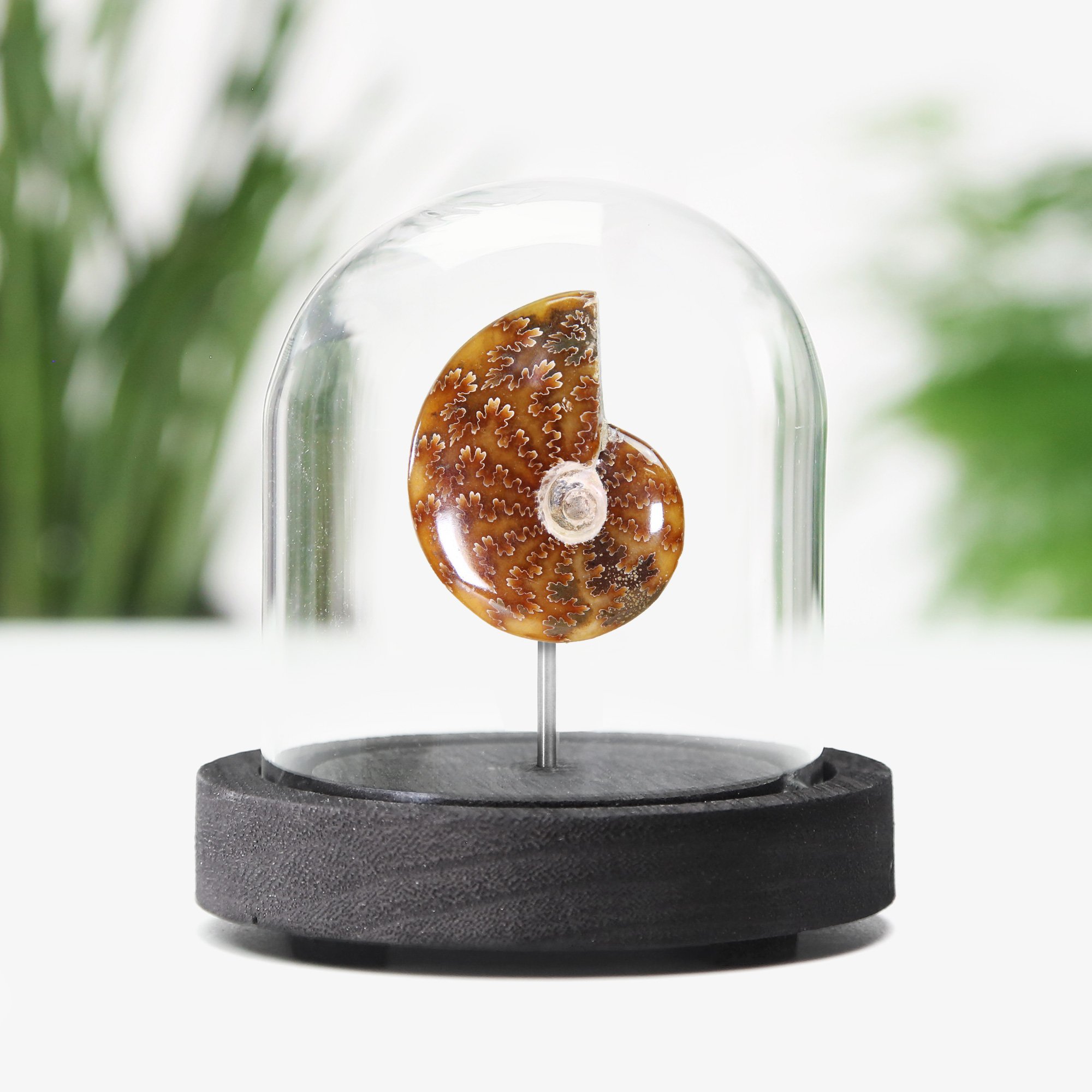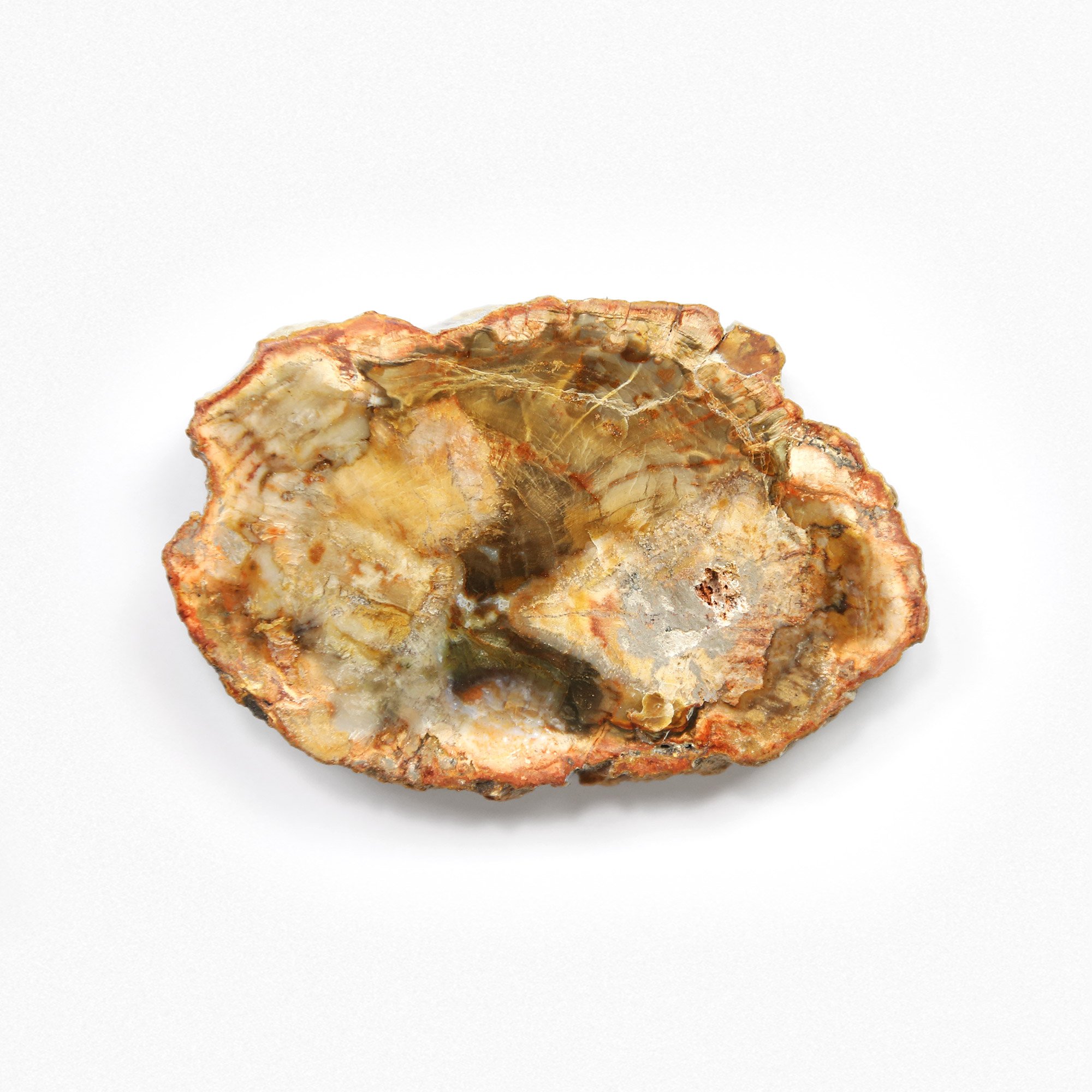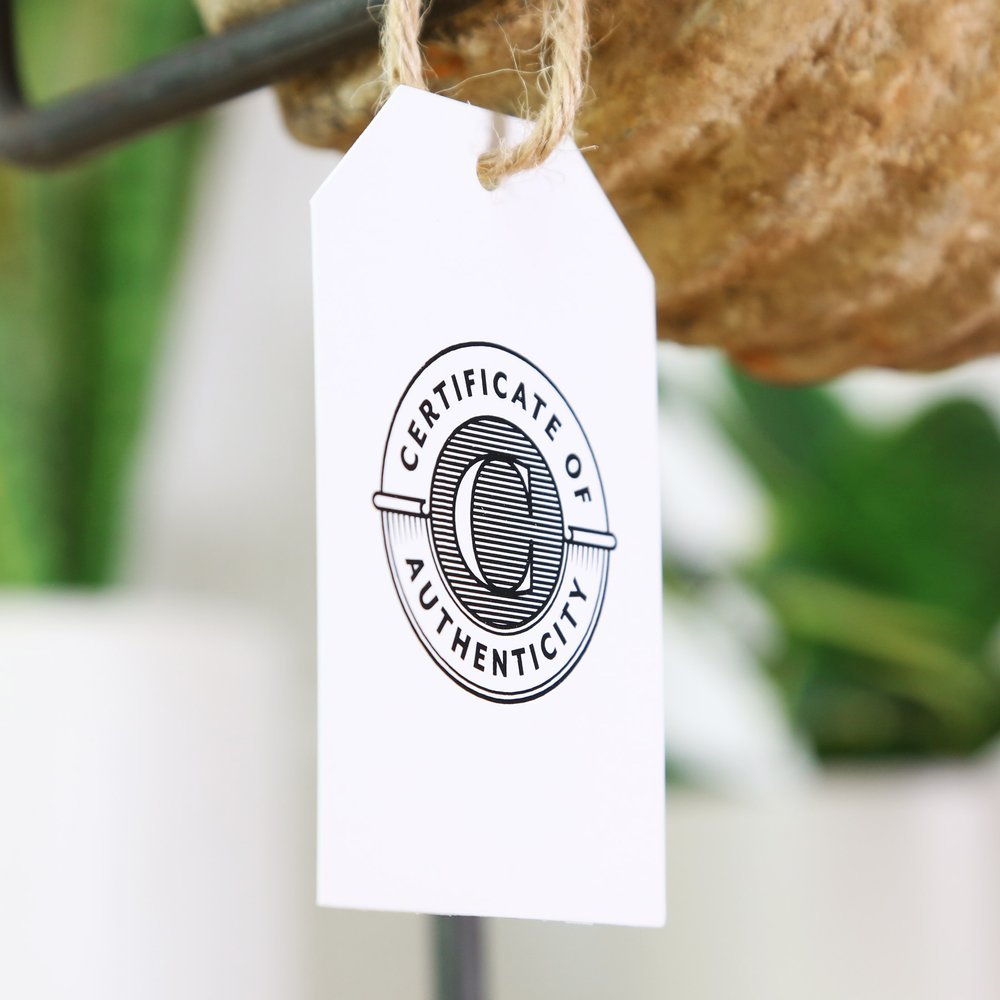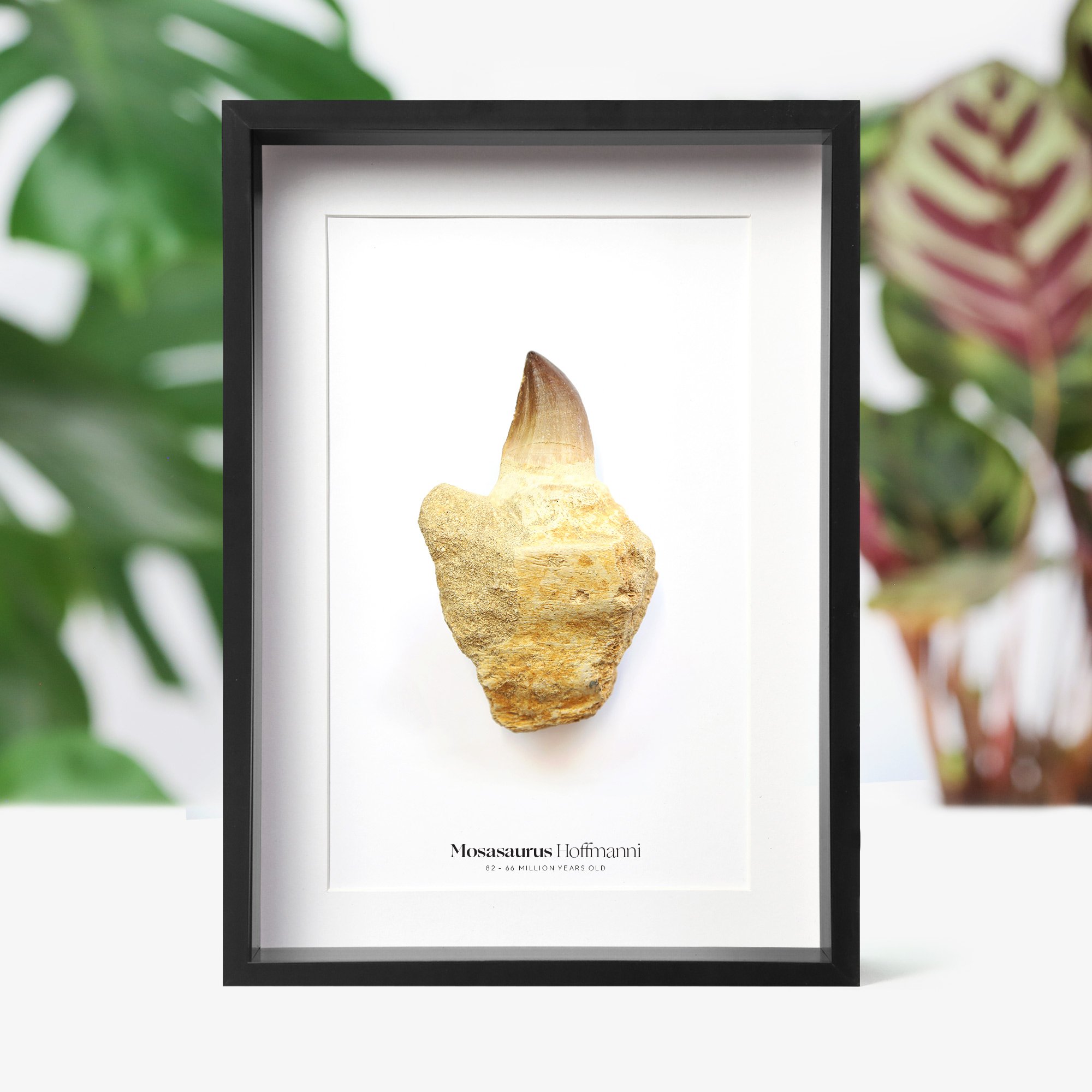 Image 1 of 5
Image 1 of 5

 Image 2 of 5
Image 2 of 5

 Image 3 of 5
Image 3 of 5

 Image 4 of 5
Image 4 of 5

 Image 5 of 5
Image 5 of 5






Cleoniceras Ammonite
-
Ammonites
Timeline: Devonian - Cretaceous (409 - 66 million years ago)Size: 0.2 - 350 centimetres diameter
Range: Found Worldwide
Habitat: Shallow and coastal regions of oceans
Diet: CarnivorousAmmonites are a group of extinct marine molluscs, closely related to modern day octopuses and squids. Before their extinction, they were one of the most successful and diverse groups of animals on earth. Scientists have identified more than 10,000 species from fossils found nearly everywhere on the planet where oceans once existed. Hollow chambers within the shell helped them stay buoyant above the seabed, and they could travel by squirting water to propel themselves in one direction.
The largest species of ammonite is Parapuzosia seppenradensis. A partial fossil of this species was found in Germany in 1895 and suggests that, if complete, the shells of these creatures could reach between 8 - 11 ft in diameter! Because ammonites were so common and evolved so rapidly they are a useful tool for both palaeontologists and geologists to help determine the age of the rocks they were fossilised in.
Before we understood that fossilised ammonites were the remains of ancient mollusks, there were plenty of theories surrounding the mysterious objects. One of the common explanations in England was that they were coiled-up snakes that had been turned to stone, earning them the nickname 'snakestones'. Early Greeks saw ammonites as sacred symbols associated with the horned god, Jupiter Ammon, from which the scientific name "ammonite" is derived.
-
This Cleoniceras Ammonite (150 Million Years Old) has been mounted in a museum quality bell jar by a member of our in-house team.
Base: Solid wood hand finished in our studio
Mount: Stainless Steel
Dome: Handblown 2mm tempered glass
Dimensions: 10x10cm
The picture shown is an example of the quality that you can expect to receive. Please be aware that, as these are natural products, they are subject to some variation. While no two insects are exactly alike, each of the specimens in our collection fall within the morphological perimeters for their species.
Given the natural origin of our products, and that each piece is uniquely crafted to showcase each specimen at its best, the bell jar you receive may be slightly different in size than the one pictured.
-
We work closely with reputable suppliers all over the world to source high quality, genuine specimens. Each fossil comes with a certificate of authenticity documenting the provenance of each specimen, including the age and location where it was discovered.
-
We are working hard to be a carbon neutral brand, by investing in planting trees to offset our carbon emissions and continuing to operate responsibly. We also package all of our products using 100% recyclable or reusable materials to reduce our environmental impact.
Both ourselves and our suppliers use recycled material through as much of the design & production process as possible. All of our card mounts and solid oak stands are FSC certified, meaning that the trees used are harvested responsibly and replaced to ensure no net loss of forest.
-
Each Curated piece comes with a loyalty sticker. Receive a free gift reward for every third item purchased, culminating in a captivating platinum statement piece, complimentary from Curated.







